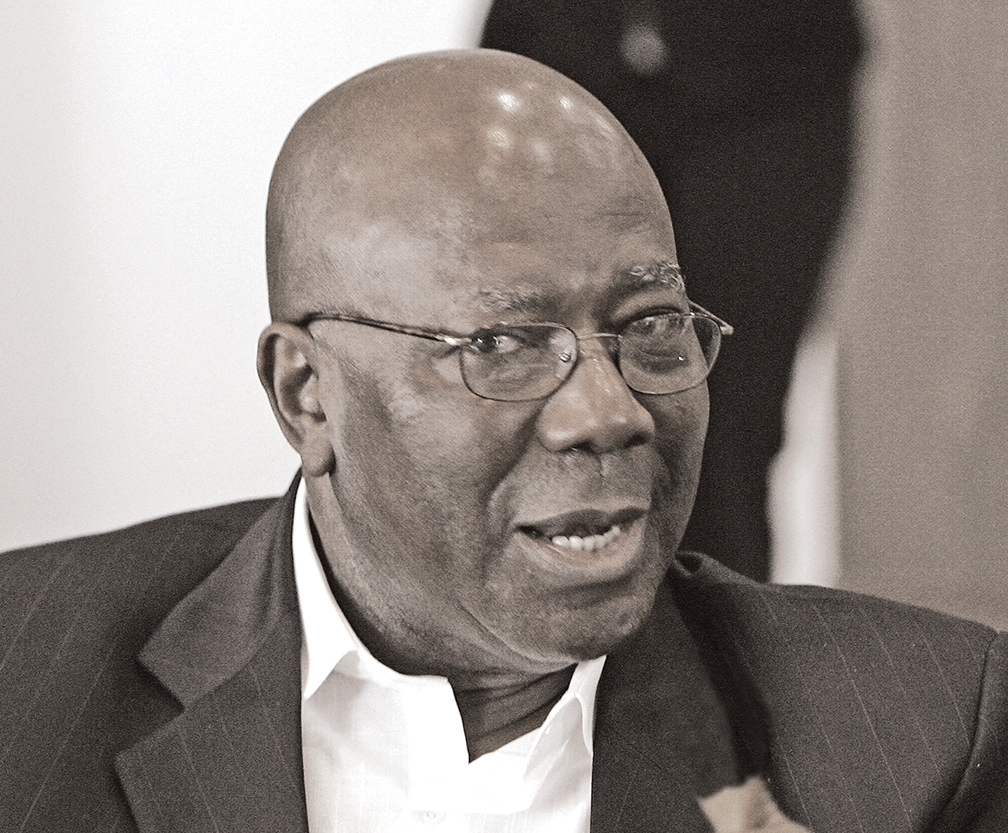AGENCE FRANCE-PRESSE
Ahmad Tejan Kabbah, who as president was widely credited with returning peace to Sierra Leone after years of brutal civil war, died March 13, 2014, at his home in Freetown, the country’s capital. He was 82.
Kabbah led Sierra Leone during and after an 11-year civil war in which 120,000 people were killed, many gruesomely. He was praised for instituting a disarmament program that led to the official end of the war in 2002, with the help of a United Nations peacekeeping force and British military trainers. But after the war, he was criticized for failing to lift his country out of poverty.
Born to a Muslim family in eastern Sierra Leone on February 16, 1932, Kabbah received a Christian education and joined the civil service in 1959. After the Sierra Leone People’s Party, to which he belonged, was defeated in elections in 1968, he lost his job, and his property was confiscated. He moved to Britain, where he studied law and became a jurist.
In 1970, he joined the United Nations Development Programme, and for the next 22 years he worked in the United States and several African countries. In 1992, a year after the rebel Revolutionary United Front began a bloody insurrection, Kabbah quit the U.N. and was named president of a national council set up by a military junta to pave the way for a return to multiparty politics and draw up a new constitution.
Kabbah was elected president in March 1996, and he signed an accord the same year with the rebel leader Foday Sankoh. But in May 1997, he was overthrown in a coup and fled to Guinea. Sierra Leone’s new junta allied itself with the Revolutionary United Front.
In February 1998, after fierce fighting, the troops of a West African regional force led by Nigeria chased the junta out of Freetown, paving the way for Kabbah’s return.
In July 1999, Kabbah and Sankoh signed a peace accord and agreed to share power. About the same time, U.N. peacekeepers were dispatched to Sierra Leone. But in May 2000, the Revolutionary United Front reneged on its pledges by taking 500 peacekeepers hostage.
When the situation worsened, Britain sent troops to end the crisis. Sankoh was imprisoned, and Kabbah began a disarmament program that led to the official end of the war in January 2002. He stepped down in 2007.


Comments are closed.